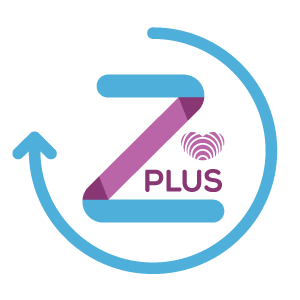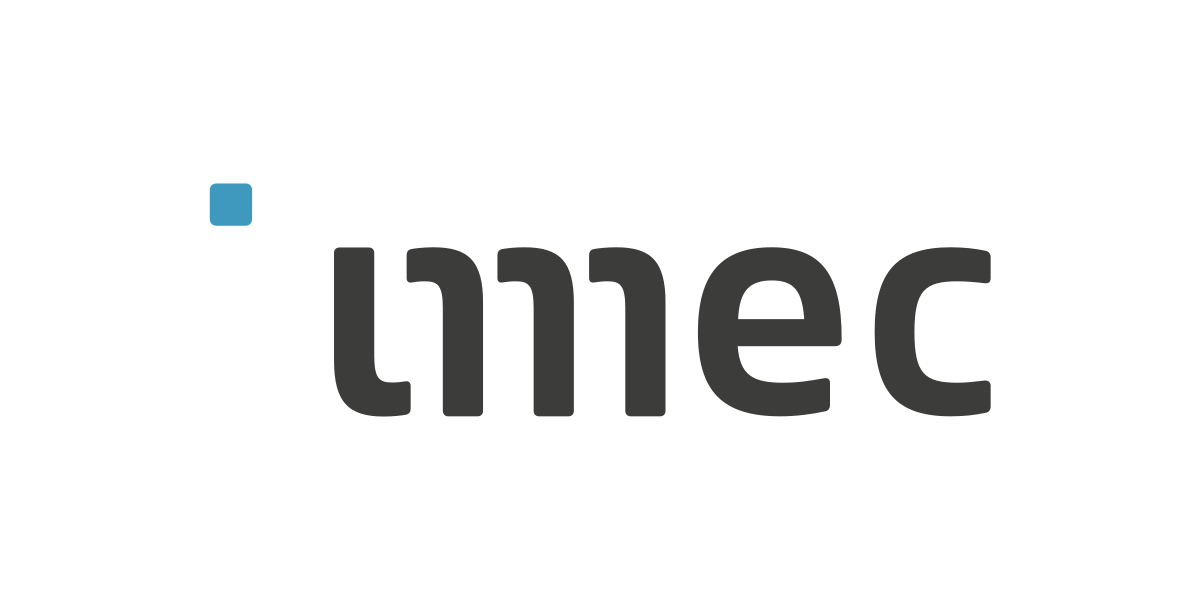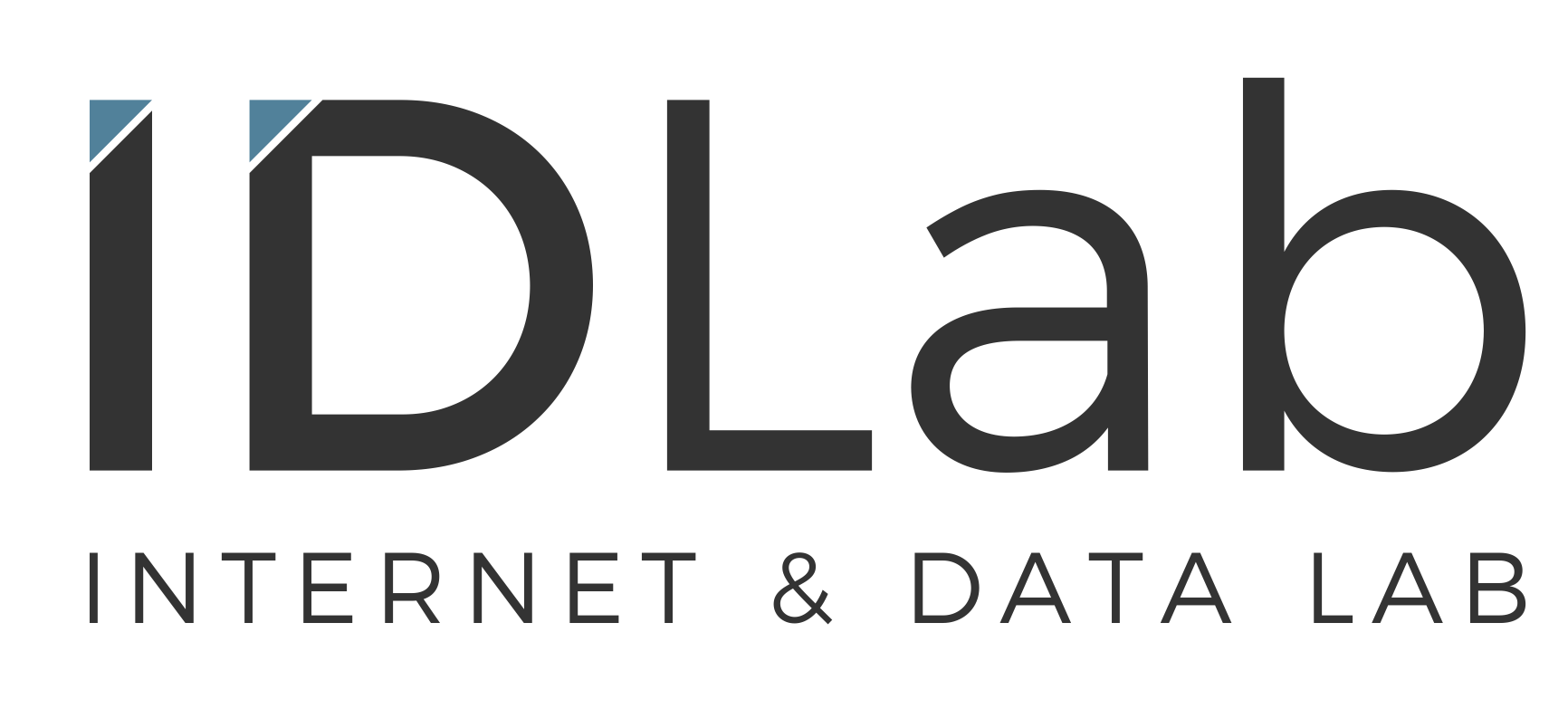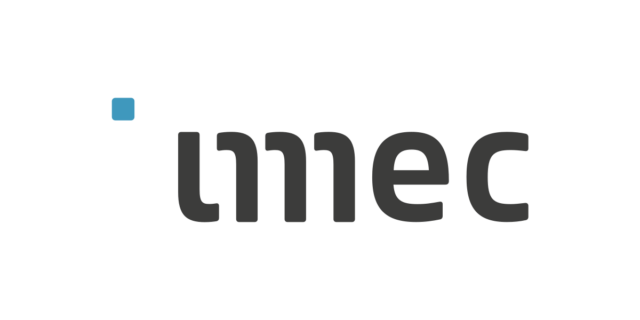PROTEGO: building a recommender for call assignment
PROTEGO has strengthened ML2Grow's abilities to develop and offer recommender based services to its clients and it will allow us to push for a leading position in custom-made recommendation engines in the coming years.

To deal with the changing care requirements for the ageing population, we need to improve the efficiency of transmural care. Through contextual AI services, PROTEGO will significantly improve alarm assessments, resource use and workflows within assisted living, homecare and call centers. By facilitating transmural care, residential care facilities will be relieved of unnecessary hospitalizations.
Inefficient care systems cause unnecessary hospitalisations
The needs of the care industry are quickly changing. An ageing population is causing an increase in chronic diseases and longer hospitalization times. This requires more complex care, more beds in residential care centers and more employees. Geriatrics records the longest average hospital stay. Elderly people eligible for discharge cannot be sent home due to lacking a social support system.
To minimize the effects of this lack on the health care system, care delivery should become more transmural and be offered at home. Residential care can then be reserved for those with intensive care needs.
Caregivers are unable to assess alarms accurately
Today, personal alarm systems and monitoring devices need to be assessed and handled by caregivers, who are often unable to quickly assess the priority and validity of the alarm due to a lack of contextual and sensor data. As a result, one-third of all interventions are false alarms. The nature of the required intervention is also hard to estimate, leading to inefficient dispatching, care workflows and use of resources.
AI services based on contextual and profile information
PROTEGO aims to increase the efficiency of care organizations by optimizing the handling of acute, unplanned events. It will do so by offering caregivers the required context and making workflows adaptive to assess, manage and dispatch unplanned requests for aid accurately. Contextual AI services will enrich alarms using contextual sensors and profile information (medical information, alarm history etc.). AI recommenders use, amongst other things, the result of the root cause analysis (the reason the call was made) to suggest the most appropriate dispatch strategy. PROTEGO will achieve the following innovations:
![]() accurate assessment and prioritization of incoming unplanned events through AI services
accurate assessment and prioritization of incoming unplanned events through AI services
![]() proactive alarms from home by detecting deviations in lifestyle patterns;
proactive alarms from home by detecting deviations in lifestyle patterns;
![]() adaptive and interactive care workflows;
adaptive and interactive care workflows;
![]() comprehensive patient and call overviews in hyper-personalized dynamic dashboards.
comprehensive patient and call overviews in hyper-personalized dynamic dashboards.
Improving care efficiency, workflows and use of resources
PROTEGO will dramatically improve the time efficiency and use of resources in the health care system. AI services can quickly determine the most probable causes of an alarm, reducing the number of unidentified false alarms. Using adaptive instead of static workflows, PROTEGO can cope with complex and changing contexts, leading to an increase in decision speed at the call center and a reduction of used resources. The dynamic dashboard results in fewer call operator interactions.
ICON partners






